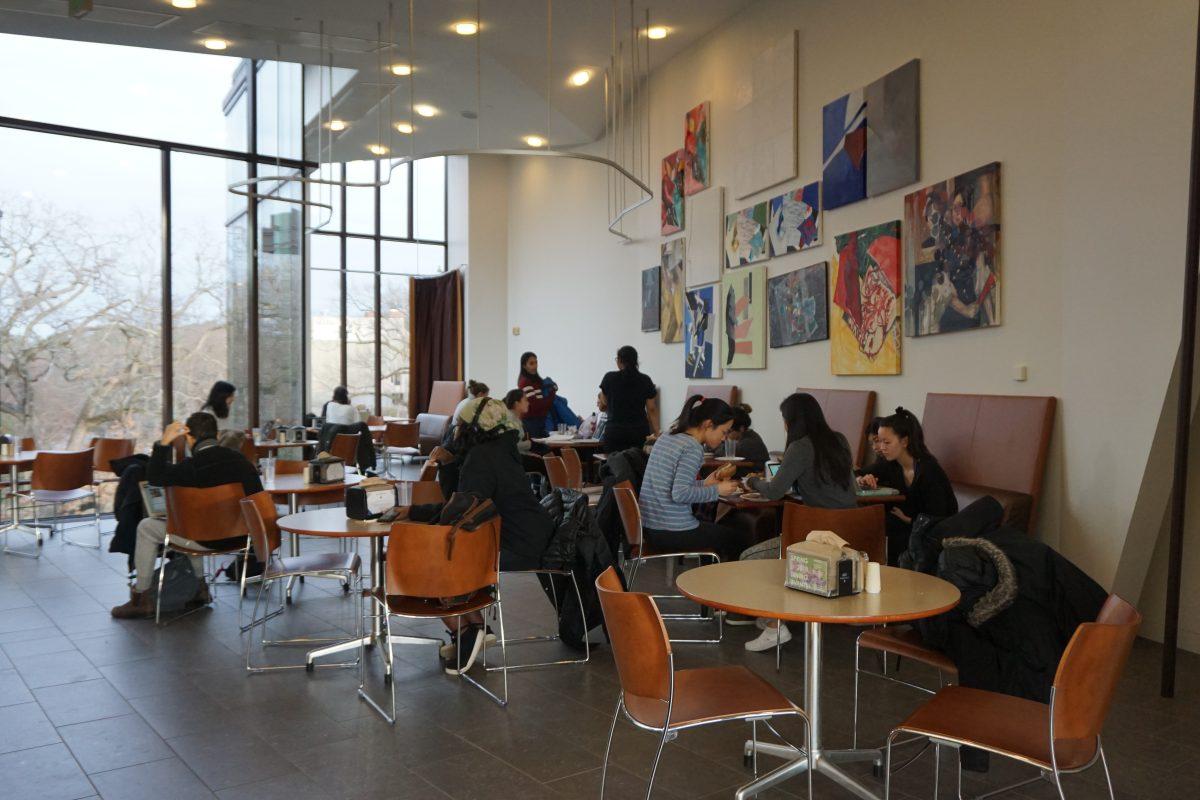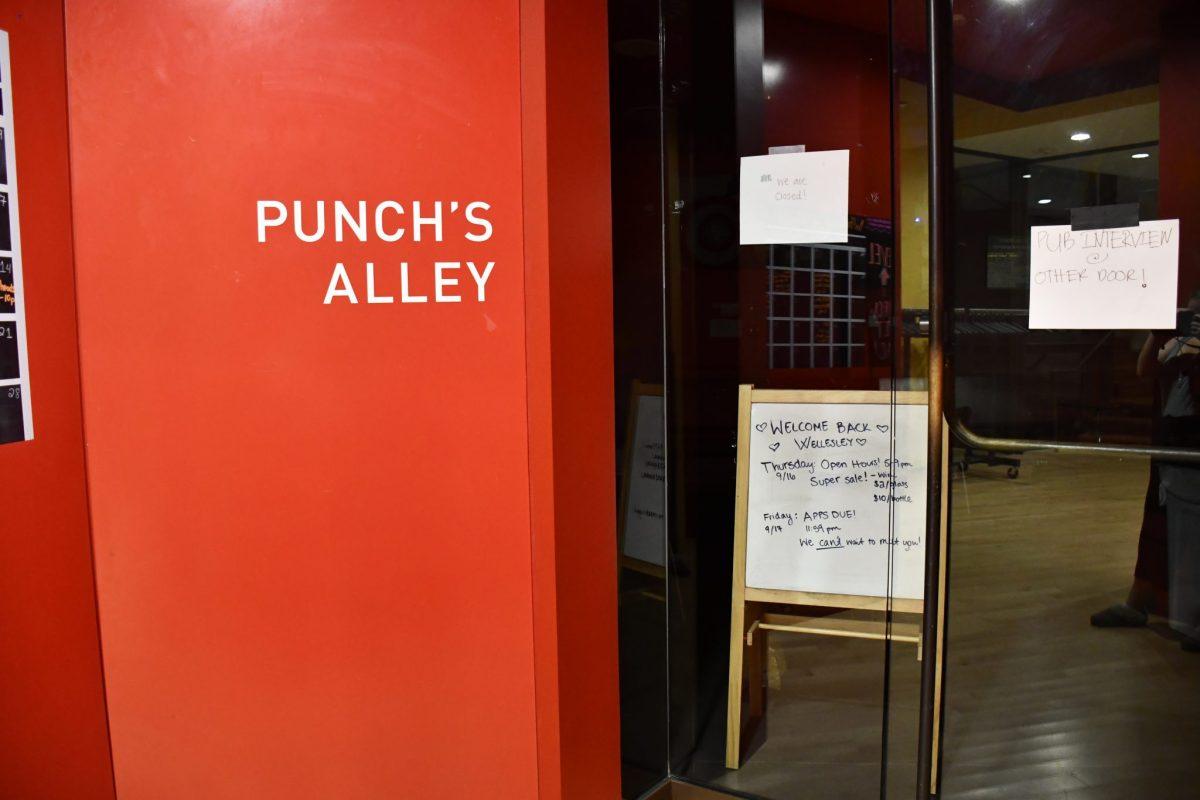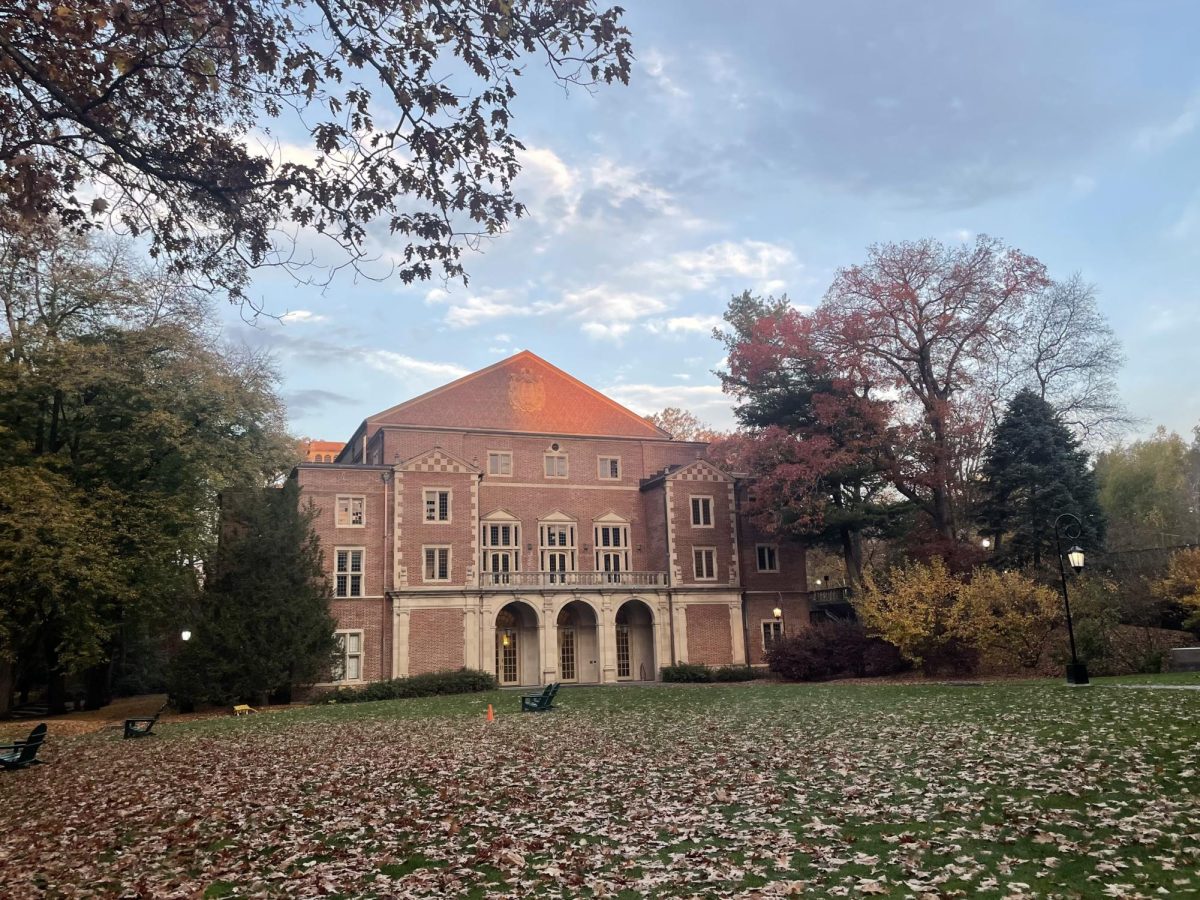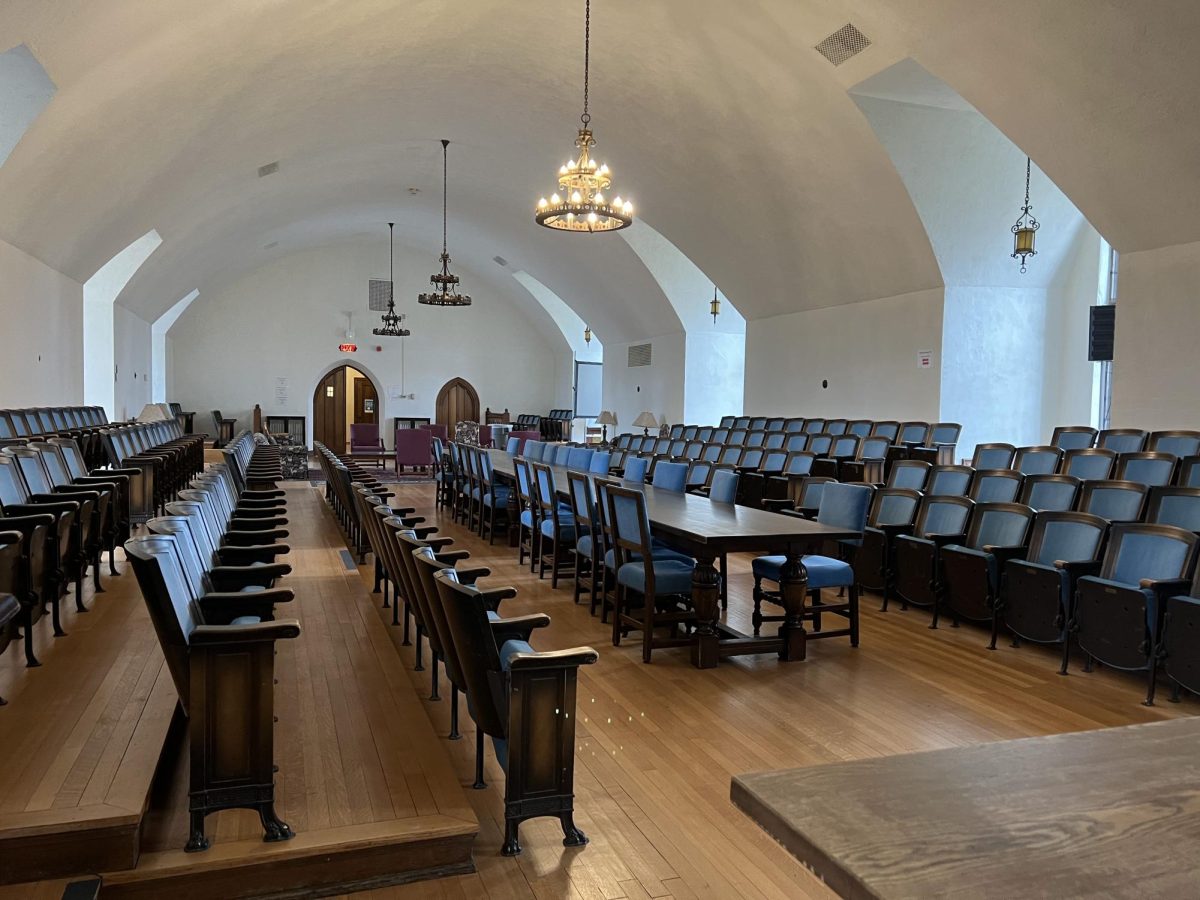In December, Wellesley College began participating in the Cambridge-based program Food for Free, which facilitates donations of surplus food to people in need. Wellesley will join Olin College of Engineering, Babson College, Wellesley Public Schools and Bentley University as a local participant in this program. AVI Foodsystems, the company that operates Wellesley Fresh, is working with Food for Free to donate the excess food.
Food for Free describes their food rescue program as the heart of their work. “By recapturing fresh food that might otherwise be discarded, we reduce food waste while guaranteeing access to fresh produce and healthy meals for emergency food programs and individuals in need,” its website explains. The food collected as part of this program goes to over 100 different organizations, including various food pantries, shelters and youth programs in the Greater Boston area. This food has fed 30,000 people already.
Food for Free’s approach addresses not only immediate concerns of hunger, but long term health effects as well. “Our Produce Rescue program prioritizes fresh fruits and vegetables, ensuring we address not only hunger, but also nutrition, obesity and diet-related disease,” according to the website.
The participation of several institutions in the town of Wellesley made the College’s partnership with Food for Free possible. “Because these institutions collaborated and came to us as a group, we were able to view this as a single collection, making them a viable food donation partner,” said Sasha Purpura, executive director of Food for Free.
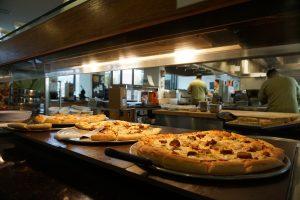
The collaboration between local schools and Food for Free was formed with the help of Wellesley’s 3R (Reduce, Reuse, Recycle) Working Group. The group is made up of participants from the Department of Public Works, the Natural Resources Commission and the Sustainable Energy Committee, who formed Waste Wise Wellesley with the goal of promoting sustainable materials management throughout the Wellesley community. Waste Wise is a voluntary program sponsored by the Environmental Protection Agency (EPA) which aims to reduce waste.
The 3R Working Group reached out to Food for Free in December 2016, according to Program Director Fiona Crimmins. “We offered our expertise on food rescue, and we shared our experiences about our current food rescue programs,” Crimmins said. In January 2017, the Working Group visited Harvard to see how the program operated in a college setting.
“Translating this dream into a reality has been a complicated challenge, as there were few precedents of such a comprehensive and collaborative initiative,” said Ellen Korpi, vice chair of the Sustainable Energy Committee, in a press release about the project. Regarding the commitment of the food service organizations involved, 3R Working Group member Alison Cross said, “They are responsible for moving the surplus food through the process of collection, storage and preparation for pick-up, while protecting the integrity and safety of the food.” Workers at the colleges, universities and schools involved in the program play an integral role in ensuring that the process runs smoothly, Korpi said.
“Food for Free has also had a great deal of success in highlighting to food service directors that food rescue is great tool to reduce overproduction. Once schools start donating their surplus food, they’re aware of how much excess food they’re actually producing, and many schools adjust their production levels as a result,” Crimmins said. She noted that although food waste is a national issue, the Massachusetts Food Waste Ban, which prohibits institutions from dumping more than one ton of food waste per month in landfills, has resulted in local institutions being unusually aware of how much waste they produce.
“We find that sustainability offices at local colleges and universities are very interested in working with us because that want to demonstrate their commitment to sustainability to their school communities,” Crimmins said. Food for Free continues to look for opportunities to expand their operation to other local colleges and universities.

